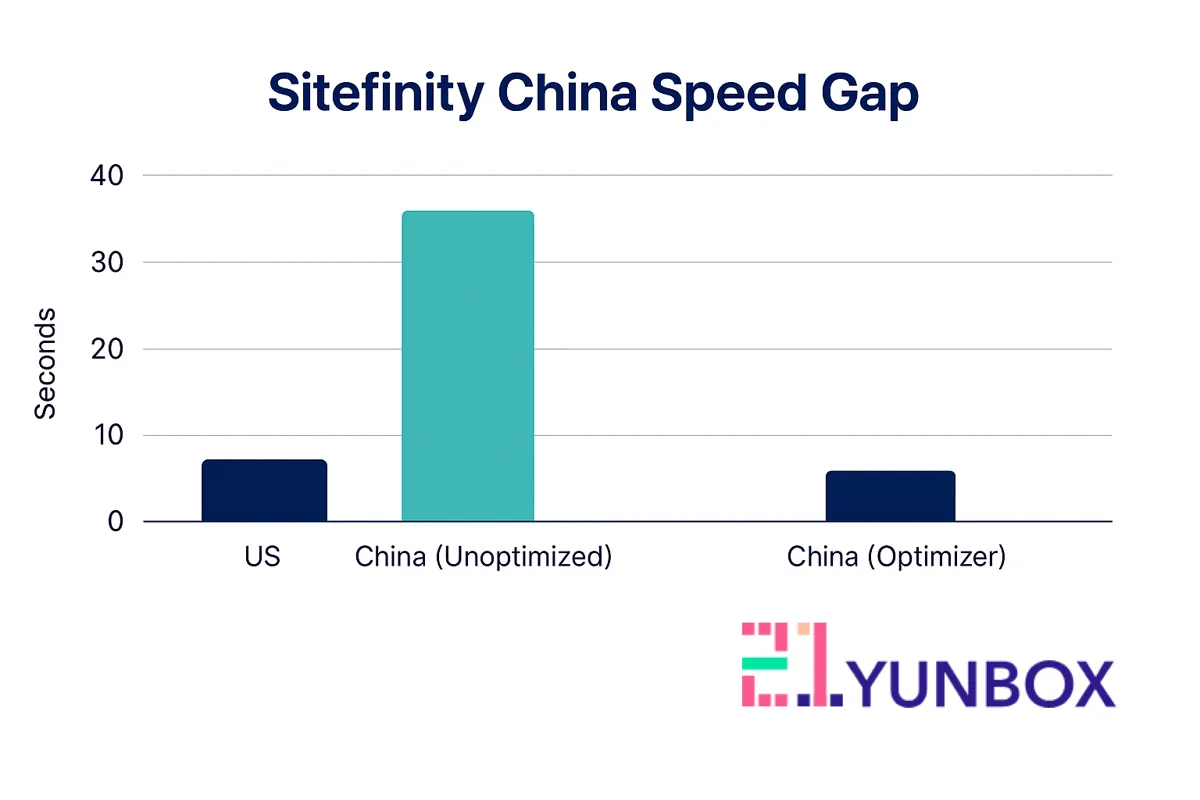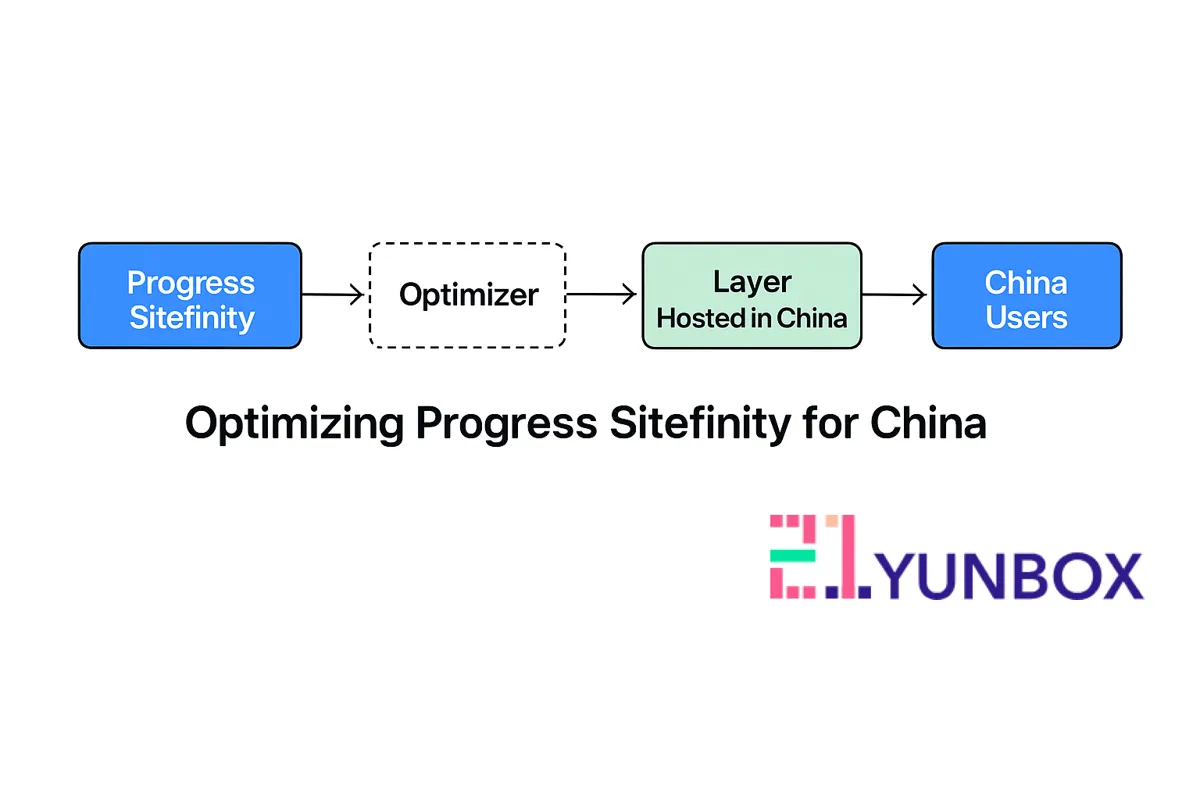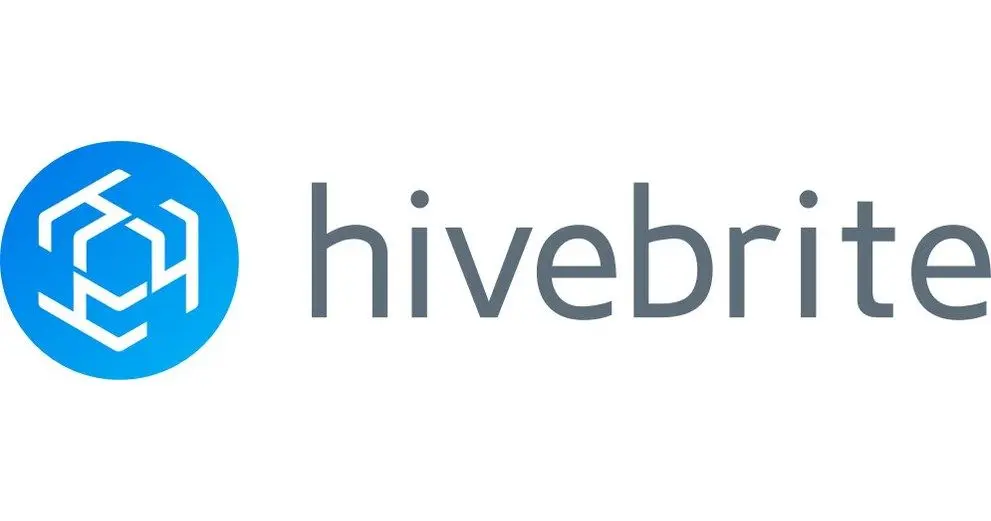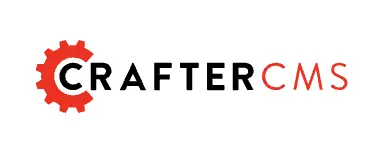Progress Sitefinity China: Hosting, Speed & ICP Compliance
Does Progress Sitefinity work in China? Learn proven ways to host Sitefinity in China, speed it up behind the Great Firewall, and pass ICP & data-localization rules.
Using Progress Sitefinity in China? We can help.
21YunBox overlays your existing Sitefinity stack with China speed and compliance—no rebuilds, no extra DevOps.
Get In TouchLet us handle China so you can stay focused on growth.

TL;DR – Out-of-the-box Progress Sitefinity sites load up to 4.9 × slower in Mainland China with ~35 % of resources lost behind the Great Firewall. Below you’ll learn why that happens and the three fastest ways to fix it without re-platforming.
Table of Contents
- Does Sitefinity work in China?
- Key Performance & Compliance Challenges
- Hosting Options: Onshore vs Overlay
- Speed Benchmarks & Quick Wins
- ICP License & Data Localization
- FAQ
- Next Steps
Does Progress Sitefinity Work in China?
In the US or Europe, Sitefinity pages often load in < 8 s. Inside China those same pages balloon to ~38 s average load time—not acceptable for enterprise UX. The culprit is a mix of long trans-Pacific latency, blocked third-party calls, and ICP hurdles.
Good news: you don’t need to scrap Sitefinity. With a China-optimized delivery layer you can keep your existing cloud, codebase and pipeline while serving users at sub-2-second speeds.
Key Performance & Compliance Challenges
| Challenge | Impact on Sitefinity | China-Ready Fix |
|---|---|---|
| Slow First Byte (200 ms → > 2 s) | Higher bounce rate, SEO penalties | Deploy onshore edge nodes or use a specialized overlay CDN that terminates TLS inside China |
| Blocked 3rd-party resources (Google Fonts, YouTube, Vimeo, etc.) |
Broken widgets & layout shifts | Swap for China-safe equivalents or let 21YunBox auto-rewrite references at the edge |
| Mandatory ICP License & PIPL data rules | Risk of blocking or fines if the license is missing | 21YunBox prepares and submits your ICP filing end-to-end while setting up the Optimizer layer on China nodes. |
| Chinese Language Pack gaps | Admin UI partly untranslated, confusing local editors | Install the official Sitefinity Chinese Language Pack and patch post-v11.2 strings manually. |
Hosting Options: Onshore vs Overlay
| Strategy | Pros | Cons |
|---|---|---|
| Re-host in Mainland China | Lowest latency, full control | 4–6 month ICP process, on-shore Ops burden |
| Static CDN only | Quick to set up | Does not solve blocked scripts; origin still abroad |
| 21YunBox Optimizer Overlay | 2–3 week rollout, keeps current hosting & DevOps, auto-rewrites blocked assets, ICP umbrella included | Minimal: Only requires DNS changes (no architecture modifications needed) |

Speed Benchmarks & Quick Wins
| Metric | Unoptimized (avg) | 21YunBox Overlay Target |
|---|---|---|
| Time to First Byte | 2–3 s | < 300 ms |
| Full Load | 38 s | < 4 s |
| Resource Failure Rate | 35 % | < 2 % |
Quick wins you can deploy today
- Self-host web fonts in WOFF2 on Chinese edge nodes.
- Inline critical CSS to shorten render start.
- Replace blocked analytics with local Matomo/Baidu equivalents.
- Compress images to WebP and serve via adaptive bitrate.
ICP License & Data Localization
Since January 2024, China’s MIIT requires every public-facing site that uses Chinese hosting or CDN nodes to hold an ICP Beian filing before traffic can be switched on.
What has to happen first:
- Local legal entity (your own China entity —or our partner law firm can form a compliant shell on your behalf).
- Real-name domain registration pointed at a China data-center or CDN.
- MIIT & PSB filings (two separate submissions, both online).
How 21YunBox helps – We guide you through the paperwork, translate & upload all screenshots, and liaise with MIIT so your filing is typically approved in 3–6 weeks instead of the usual 12–23.
In parallel, we build your 21YunBox Optimizer layer (hosted on China nodes) and run private QA. The moment your ICP number is issued we flip DNS—so you get China-side performance day 1 of go-live with no extra lift from your DevOps team.
FAQ
Does Sitefinity work in China without changes?
Out of the box, most Sitefinity sites are 4–5 × slower and miss ~35 % of assets due to the Great Firewall. You’ll need hosting or an overlay optimized for China.Can I keep my Azure/AWS origin?
Yes. An overlay CDN with dual-origin routing lets you serve Chinese users from a local edge while global users keep hitting your existing cloud.Do I still need an ICP license if I use the 21YunBox overlay?
Yes. Because the Optimizer’s edge nodes are physically in Mainland China, an ICP Beian is mandatory. We **do not provide a “borrowed” or bridge license.** Instead, we streamline the filing on your behalf so you can go live the moment the license is issued.Is the Sitefinity Chinese Language Pack mandatory?
It’s optional but recommended for local content editors. Install the official pack and manually translate labels added after v11.2.Ready to make Sitefinity fast & compliant in China?
Using Progress Sitefinity in China? We can help.
Our fully managed overlay adds China speed and compliance to your existing Sitefinity setup—no rebuilds, no extra DevOps.
ARTICLES RELATED TO SITEFINITY
- Deploy Contentful Site in China With 21YunBox (Step-by-Step Guide)
- Does SAP Commerce Cloud Work in China?
- Does Oracle Cloud Work in China?
- Does Liferay Work in China?
- Does Optimizely Work in China?
- Does Bloomreach Work in China?
- Does Acquia Work in China?
- Integrate Contentful, Gatsby with 21YunBox
- Does DatoCMS Work in China?
- How to Make Contentful Work in China?
- Does Sitecore Work in China?
- Does Salesforce Commerce Cloud Work in China?
- Does Drupal Work in China?


























